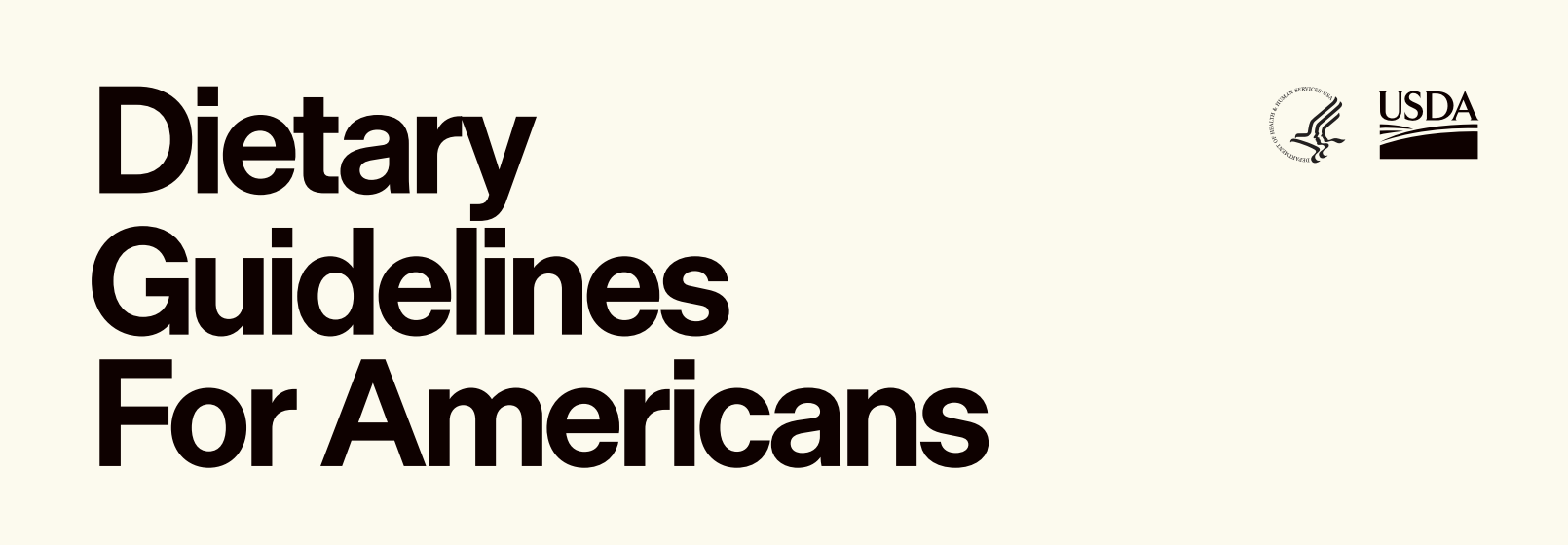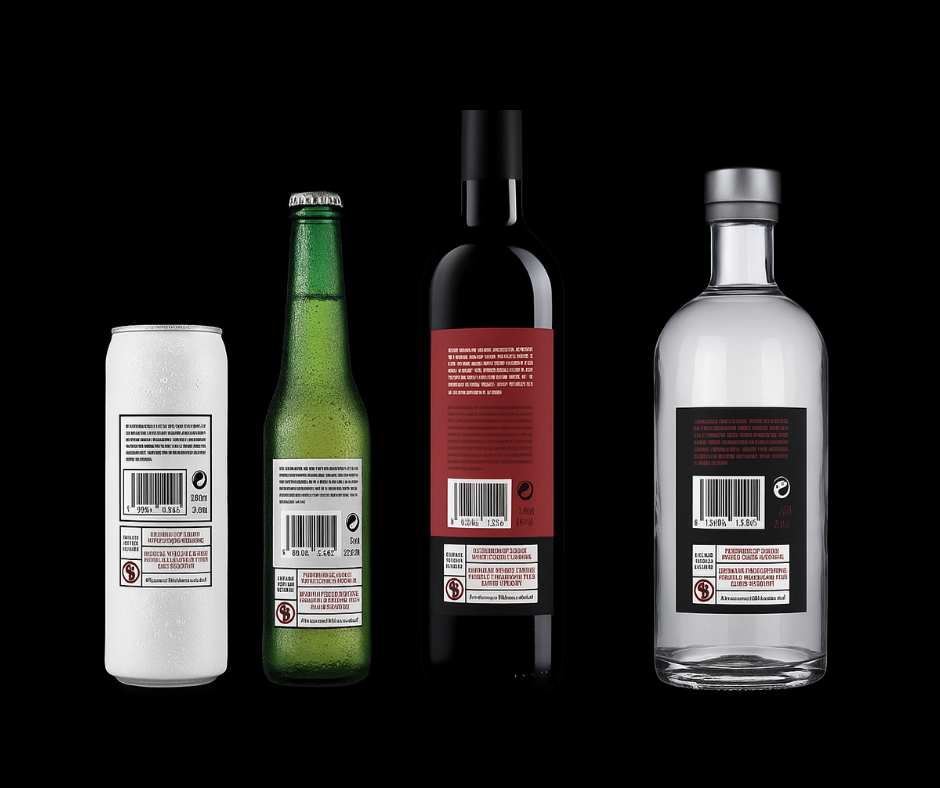
WASHINGTON, D.C. — The Trump administration has finally unveiled the new 2025-2030 Dietary Guidelines for Americans, a revamp that calls for “prioritizing high-quality protein, healthy fats, fruits, vegetables, and whole grains,” reimagines...

Introduction The gap between cities embracing the sharing economy and those imposing restrictive rules has never been greater. While national regulations are often stringent, the most significant barriers usually come...

Zurich is Europe’s undefeated rail champion! Introduction Challenging times reveal which stations can adapt and which continue to struggle. This year’s index highlights both resilience and decline across Europe’s busiest...

Introduction The 2024–2025 period was a landmark for aviation, with record passenger volumes at major hubs. Vienna hit 31.7 million, its highest since 1955. Heathrow (83.85M), Dallas-Fort Worth (87.8M), Barcelona...

A global push for cancer warning labels on everything does a disservice to consumers and blurs risks & hazards At the American Medical Association’s annual meeting, the second day of...

Executive summary The Trump Administration’s focus on illegal drugs has put Mexican cartel activity in Canada under the microscope. This analysis finds that cartel activity in Canada is increasingly a...

AUSTIN, TX – The Texas Senate just advanced House Bill 186 out of committee, a dramatic piece of legislation that would place unprecedented limits on how young people under 18 interact with...

Introduction Sports betting has become a winning proposition in America, booming after the 2018 repeal of the Professional and Amateur Sports Protection Act (PASPA). Since then, revenues have soared, millions...

Introduction On March 24, 2023, following through on his campaign pledge to address lawsuit abuse and mounting insurance costs, Florida Governor Ron DeSantis signed HB 837 into law, providing for...

Introduction Time efficiency in healthcare varies widely. Some countries have streamlined their systems, optimizing both patient and medical staff time, while others struggle with inefficiencies, outdated processes, and unnecessary frustrations....

The European Commission’s 2025 Work Programme, titled “Moving Forward Together: A Bolder, Simpler, Faster Union,” outlines key priorities that will shape policies impacting consumers across the continent. As consumer advocates,...

Today the Consumer Choice Center submitted a formal comment to the Department of Health and Human Services to express our sincere concern about bias in the Interagency Coordinating Committee on...